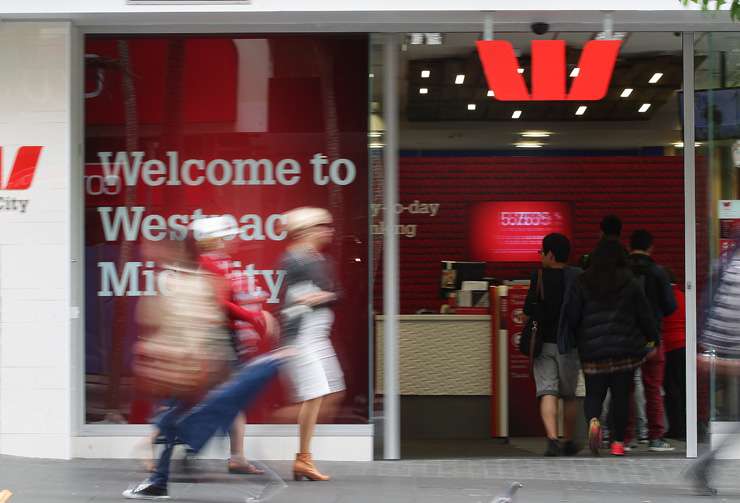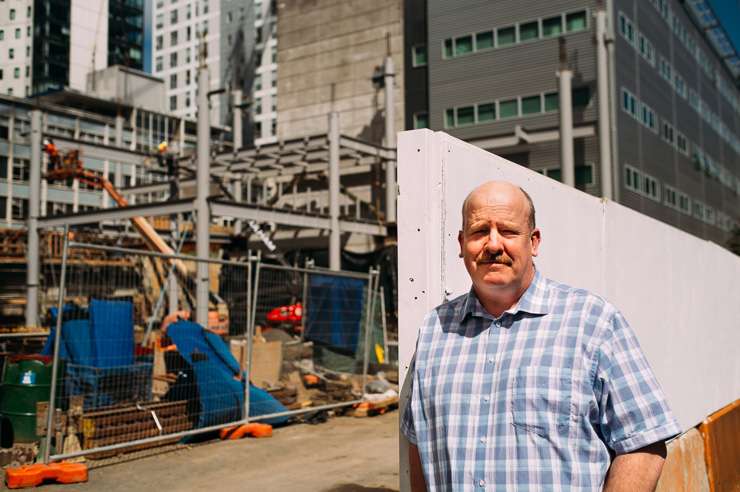Property owners who pushed their finances to the limit to buy a brand-spanking new house could be in for the shock of a lifetime when they are called on to settle on it and can’t, experts warn.
Rising interest rates and the stress test rates banks rely on to determine a borrower’s affordability have sky rocketed in the last year and some people who purchased a new build at the peak of the property market are slowly finding out banks won’t lend them the same amount in the current conditions or that their house has lost money before it has even been built.
iCLAW property lawyer Aasha Foley has already seen a record number of people who have purchased new homes off-the-contract ask home building firms if they can on-sell their contracts in order to get out of them before settlement because they are no longer in a position to pay for it.
At this stage the home builders she represents have agreed to the owner working with a real estate agent to sell it and get themselves out of the tough situation. They have also chosen not pursue them from settlement defaults on the basis they do find a replacement contract within a specified time frame.
Start your property search
“Luckily so far, the clients we’ve had this happen to, they’ve managed to on-sell their contract or to sort themselves out or to get a family member involved and get their finance under control and they’ve been able go ahead. It’s definitely a problem that’s coming up and I think it’s going to hit everyone more in the middle of the next year I am imagining.”
While she has not seen anyone default yet, a large number of people have been unable to complete the new build transaction within the required 10 workings days of either the title or CCC being issued and have asked for extensions so they can go back to the bank and reapply for the finance.
Foley is also aware of a number of large housing developments in Auckland where people bought the properties unconditionally subject to completion over the past two to three years ago and could struggle to settle on them when they are completed between March and October 2023.
“My prediction at the moment is next year there are going to find themselves in a position where their obligated under a contract to complete a purchase of a new build and things may have changed by the time, they sign that contract and the time they are now actually obligated to complete and handover the money.

Easy Mortgages mortgage adviser Gareth Veale: “It’s never full approval so it’s always time dated.” Photo / Supplied
“I’m educated with skills and the ability to understand what I’m getting myself into and I would be nervous right now if I had a contract that I had to complete to buy a property next year not knowing what the interest rates might be and all those types of things personally.”
AUT construction professor John Tookey said the next two years are going to be trying and an increasing number of people will be cancelling their contracts just as the build is ready to go especially with house prices falling.
“You end up with, ‘what’s the point in me committing to a construction of a $1m house that’s now only worth for a sake of argument $900,000’. There will be people bolted in negative equity from the get go and inevitably people will pull the pin.”
People would also start to find it harder to even sign up to buying a new home, he said, because banks need a fixed building price to sign-off on lending on a new build and when inflation rates are around 8% it is almost impossible for building firms to commit to this.
“What you are going to have is a scenario where builders are going to be bolting in even higher levels of escalation costs in order to get ahead so they are willing to commit to constructing at a fixed price.”
Easy Mortgages mortgage adviser Gareth Veale hasn’t hadn’t any banks refuse to lend to clients yet, but said it can happen because not all banks will honour earlier new build approvals if the customer no longer meets the current criteria.
“It’s never full approval so it’s always time dated or there’s other conditions for things like that so if you don’t meet those approval conditions or do it within that approval period.”

Rising interest rates have put the squeeze on everyone in the housing market. Photo / Doug Sherring
House and land are easier because you buy the land, get the approval and start building, while turnkey solutions are trickier.
“But a turnkey situation where you pay the deposit based on completion – those are the ones getting a bit hard especially if the valuations don’t stack up when it comes time to settle as well.
“Thankfully my clients have had situations where the developer has been happy to just refund the deposit because they can sell the house for more, but I haven’t had a situation when someone has locked in that late out and the property value has gone down or they just have to sell it off contemporaneously to make it work as well.”
He said these dilemmas where people are unable to honour their contracts are likely to continue to happen and there’s potential for people to lose their deposits.
MI Mortgages mortgage adviser Gene Andrews added it could become a big problem for some home owners. “People know that’s the risk when they sign up for it, but they wouldn’t expect it to change this much.”
Builders are also noticing a slowdown in the sector.

AUT construction professor John Tookey says the next two years are going to be challenging for the building industry. Photo / Supplied
New Zealand Certified Builders’ Association chief executive Malcolm Fleming, whose organisation represents small to medium building firms, said rather the clients cancelling work completely, they were just rescoping the work to meet their new budgets.
The association has seen about a 20% drop in enquiries from the very high post Covid levels and about 20% of the work that they had lined-up has been rescoped to make it cheaper because they cannot borrow as much due to building costs going up.
“So, they are building less for less.”
The changes homeowners are making are either to downsize the new build or to stay put and extend and renovate their current property, which Fleming said was probably more favourable with the bank.
Master Builders Association chief executive David Kelly said the residential building is slowing down due to a softening in the economy, as well as rising interest rates influencing decisions on whether to proceed with new residential construction.
“We have had a very strong decade of growth, and this downturn is not the same sharp shock we have seen in the past. This provides time for homeowners and businesses to plan and adjust.”
However, the upside, Kelly said, is that it will be easier for people to secure a builder especially as product shortages have eased as well.















































































